Goede balans voor vakantieland Duitsland in 2023
Persbericht

Goede balans voor vakantieland Duitsland in 2023 - DNDT voorspelt in 2024 verdere groeimogelijkheden voor inkomend toerisme
Europa blijft de belangrijkste bronmarkt – goed herstel uit Azië en Noord-Amerika – culturele hoogtepunten en UEFA EURO 2024 naast een breed aanbod aan natuurvakanties als magneet voor de internationale vraag
Frankfurt am Main, 14 februari 2024
Gezien de prognoses voor het wereldwijde toerisme en dankzij belangrijke culturele en sportevenementen in Duitsland zou het Duitse inkomende toerisme in 2024 hetzelfde niveau behalen als het vorige recordjaar 2019, zo schat de Duitse Nationale Dienst voor Toerisme (DNDT). Aan de basis daarvan liggen het voortdurende herstel in de loop van 2023 met een totaal van 80,9 miljoen internationale overnachtingen, een stabiele hoge vraag uit de Europese bronmarkten en de VS, de terugkeer van de Aziatische markten en extra potentieel door het EK. In vergelijking met de internationale concurrenten scoort vakantieland Duitsland met een hoge klantenbinding en aantrekkelijke aanbiedingen in het culturele segment, uitstekende sportevenementen, actieve natuurvakanties en een uitgebreid aanbod aan bekroonde spa's en kuuroorden.
Zoals het Statistisches Bundesamt op 9 februari aankondigde, werden in 2023 in december 6,1 miljoen internationale overnachtingen geregistreerd in logiesverstrekkende bedrijven met minstens tien bedden; een toename van 10,9 procent ten opzichte van dezelfde maand een jaar eerder. Dat resulteert in een voorlopig jaarresultaat van 80,9 miljoen overnachtingen door buitenlandse gasten, wat overeenkomt met 90 procent van het aantal internationale overnachtingen doorheen het vorige recordjaar 2019.
Petra Hedorfer, CEO van de DNDT, vertelt:
“Het vakantieland Duitsland toonde in 2023 opnieuw een sterke merkaanwezigheid. Gedurende het jaar nam de recovery rate gestaag toe: in januari 2023 was er een verschil van nog bijna 22 procent met de internationale overnachtingen in 2019, maar tegen het einde van 2023 bedroeg dat verschil maar tien procent. Voor 2024 zien we goede mogelijkheden voor verdere groei. Daarbij baseren we ons ook op de prognose van de wereldtoerismeorganisatie UN Tourism. Uit de recentste trendbarometer van januari 2024 blijkt namelijk dat het internationale toerisme dit jaar de gevolgen van de coronapandemie volledig overwint. Er wordt verwacht dat de groei in Duitsland deze zomer door het EK voetbal zal worden geboost met 2,7 miljoen voetbalfans in de stadions en naar verwachting 7 miljoen gasten in de fanzones en bij grote schermen. Volgens de huidige stand van zaken rekent de DNDT op een extra overnachtingsvolume tot 4 procent voor het inkomende toerisme in Duitsland dankzij het EK.”
Daarnaast nodigen culturele hoogtepunten, zoals de 250e verjaardag van Caspar David Friedrich, 35 jaar val van de Berlijnse Muur en de titel van Culturele Hoofdstad van Europa 2025 voor Chemnitz internationale gasten uit om naar Duitsland te reizen. Al met al kan het aantal overnachtingen voor het inkomende toerisme in 2024 weer stijgen tot het niveau van voor de crisis.
About the GNTB
The German National Tourist Board (GNTB) is Germany’s national tourism organisation. It works on behalf of the Federal Ministry for Economic Affairs and Climate Action to represent Germany as a tourist destination and is funded by the Ministry in accordance with a decision taken by the German Bundestag. Working closely with the German travel industry and private-sector partners and trade associations, the GNTB develops strategies and marketing campaigns to promote Germany’s positive image abroad as a tourist destination and to encourage tourists to visit the country.
The GNTB has a three-pronged recovery strategy for overcoming the challenges of the COVID-19 pandemic:
1. Raising awareness of the Destination Germany brand and enhancing the brand profile
2. Supporting the travel industry, which is dominated by small and medium-sized businesses, through relationship management and the sharing of knowledge
3. Developing evidence-based action plans on the basis of targeted market research and ongoing analysis of the impact of coronavirus.
During lockdown, GNTB used countercyclical marketing to maintain dialogue with customers, reflect changing preferences in its communications, and show empathy and provide inspiration.
Focus on digitalisation and sustainability
The GNTB promotes forward-looking and sustainable tourism in line with the objectives of the German government. The focus here is on digitalisation and sustainability. The GNTB is a pioneer when it comes to using immersive technologies (virtual, augmented and mixed reality), voice assistants and other conversational interfaces, and artificial intelligence applications such as chatbots. To ensure that tourism offerings are visible on AI-based marketing platforms, the GNTB coordinates the German tourism industry’s open-data project, which aims to develop a tourism knowledge graph.
Sustainability has been a core overarching topic for more than a decade and we engage with it as a strategic issue across all areas of the organisation. Our organisation follows a three-pillar strategy that combines the sharing of knowledge with external partners and a supporting communications strategy with our internal sustainability initiative. The GNTB promotes responsible tourism, a key growth area, by showcasing Germany as a sustainable and inclusive destination in the international travel market. This is particularly important as the COVID-19 pandemic has accelerated the global shift in travellers’ values towards greater social and environmental responsibility.
The GNTB has 27 foreign agencies that cover more than 40 markets around the world. Its head office in Frankfurt, Germany, is home to strategic departments such as Business Intelligence, Business Development and Brand Communications for Destination Germany.
Perscontact
Duitse Nationale Dienst voor Toerisme
Lisa Berendsen
Press & Digital Manager
Joseph Stevensstraat 7
1000 Brussel
Tel.: +32 499 69 32 83
E-mail: [email protected]
Picture ©AdobeStock/Yuichiro Chino

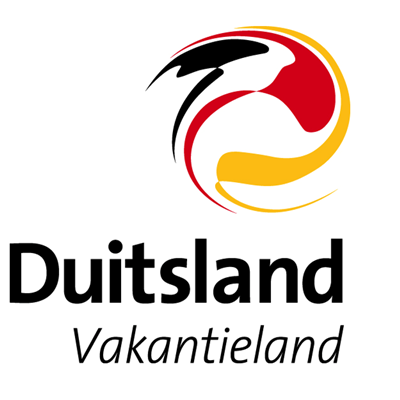
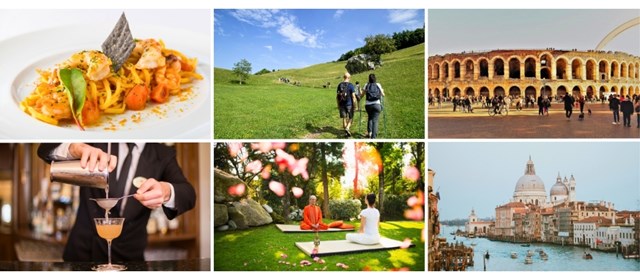

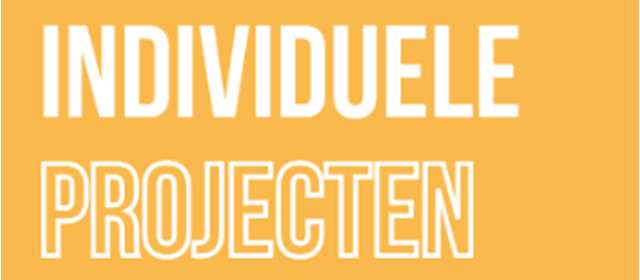

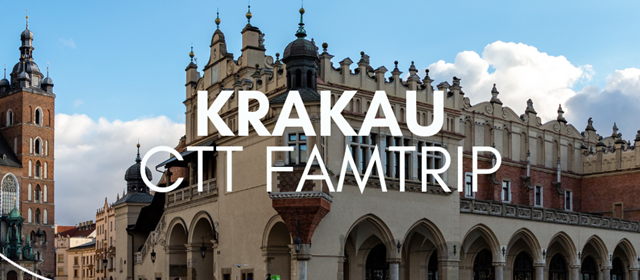
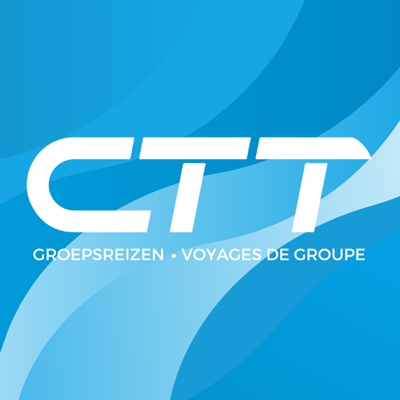
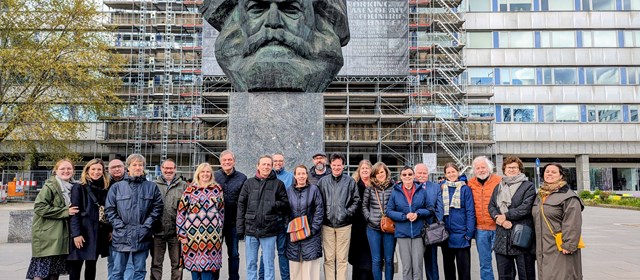
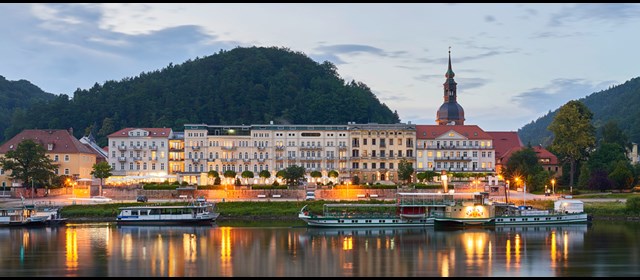
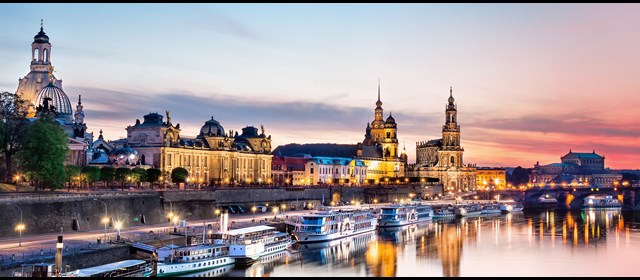

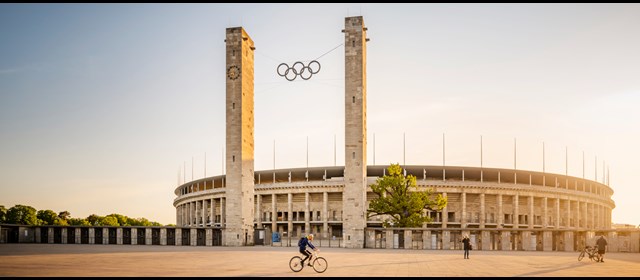


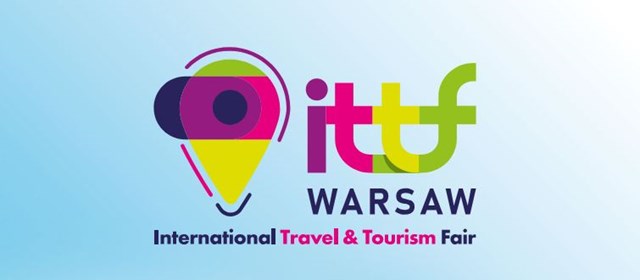
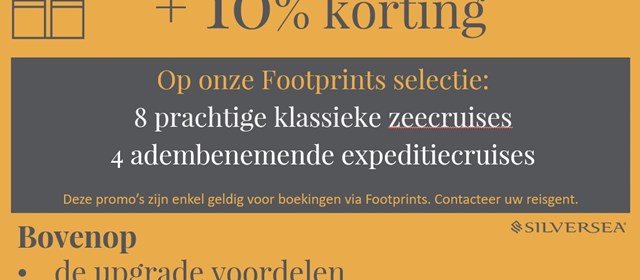
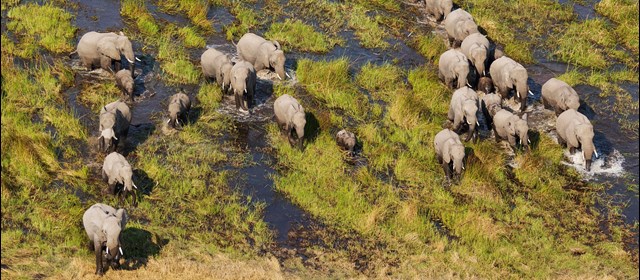
Reageer